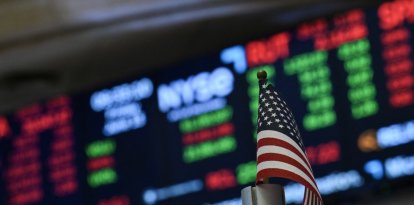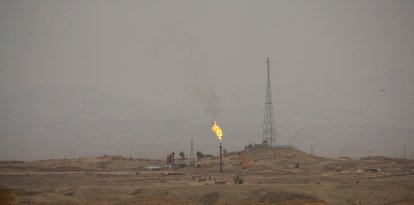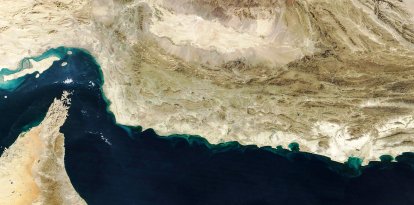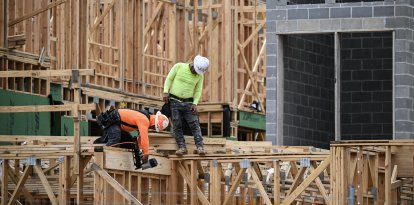Heat wave causes up to $100 billion in losses
The most affected sectors are agriculture and construction, jobs that are usually performed outdoors and are not as productive as in winter.

(PXPhere)
The heat wave affecting a third of the nation, is also causing significant economic losses throughout the country. According to a study conducted by the Atlantic Council, the high temperatures being endured across America has generated losses of up to 100 billion dollars.
The most affected sectors are agriculture and construction. Public services and mining are also among the jobs most affected by the heat. These jobs are usually performed outdoors and the high temperatures caused the employees working in them to be less productive than they are during the winter. Not only because of the heat, but also because of the effects it has on people. This was explained to CNN by Moody's Analytics' director of economic research, Chris Lafakis:
The Atlantic Council said in its report that the states that are detecting the greatest loss of worker productivity are Texas, Mississippi and Oklahoma. In Phoenix (TX), for example, last week, the heat was above 110ºF (43ºC). The same is true for the other territories where the maximums are similar.
According to Lafakis, underperforming workers could have the effect of lowering global GDP by as much as 17.6% by 2100. A reduction that would be especially motivated by the fatigue of employees who have to work under the sun, explained the director of the Adrienne Arsht-Rockefeller Foundation's Center for Resilience at the Atlantic Council, Kathy Baughman McLeod:
The heat wave, harmful to health
The effects of heat are no longer limited to productivity and fatigue; they can also cause physical harm to employees. According to the Atlantic Council study, heat causes employees to make more mistakes, and on days when temperatures are hotter, approximately 120,000 workplace injuries occur in the United States. This figure could quadruple by 2050.
The high temperatures caused by a heat wave no longer only affect work performance, but also the activities that people do in their free time. The heat causes Americans to stop walking, biking and, therefore, exercising less. A practice that can increase the risk of cardiovascular, pulmonary and renal diseases during this time of the year.

























